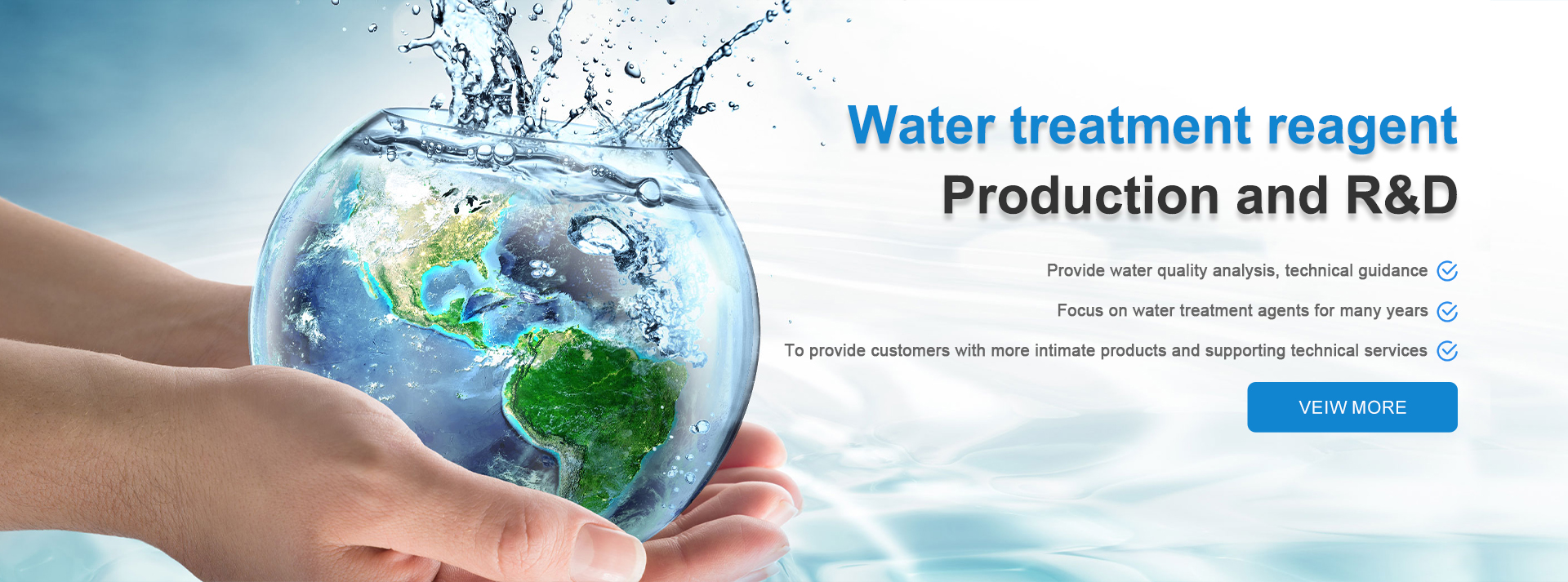Effective Flocculation Chemicals for Enhanced Water Treatment and Clarity Solutions
The Role of Flocculation Chemicals in Water Treatment
Flocculation is a crucial process in water treatment, employed to remove suspended particles and impurities from water. This process is achieved through the addition of flocculation chemicals, which facilitate the agglomeration of small particles into larger clusters or flocs. These flocs can then be easily separated from the water, providing cleaner and safer water for various applications. In this article, we will delve into the significance of flocculation chemicals, their types, and their applications in water treatment.
Understanding Flocculation
Flocculation is a physical and chemical process that involves the aggregation of particles suspended in a liquid. When flocculation chemicals are added to the water, they reduce the electrical charge of fine particles, allowing them to come together and form larger aggregates. These aggregates, or flocs, can settle out of the liquid under gravity or be removed through filtration. Flocculation is especially important in the treatment of municipal wastewater, industrial effluents, and in potable water production.
Types of Flocculation Chemicals
Flocculation chemicals can be broadly classified into two categories coagulants and flocculants.
1. Coagulants These are substances that facilitate the initial stages of flocculation. Common coagulants include aluminum sulfate (alum), ferric chloride, and polyaluminum chloride. Coagulants work by neutralizing the charges of suspended particles, which allows them to bind together.
2. Flocculants These are long-chain polymers that promote the growth of flocs by bridging between them. Flocculants can be natural, such as starch or organic matter, or synthetic, like polyacrylamides. Synthetic flocculants are often preferred in industrial applications due to their effectiveness and ability to work under a wide range of pH and temperature conditions.
Applications of Flocculation Chemicals
flocculation chemicals

Flocculation chemicals are widely used in various sectors, primarily in water and wastewater treatment facilities
. Their applications include- Municipal Water Treatment Flocculation chemicals are fundamental in preparing potable water. They help remove turbidity and pathogens, ensuring that the water is safe for human consumption.
- Industrial Water Treatment Many industries use flocculation chemicals to treat process water or to manage wastewater before discharge. This is crucial for complying with environmental regulations and reducing the harmful impact of industrial effluents on water bodies.
- Mining and Mineral Processing In the mining industry, flocculation is used to separate valuable minerals from ore. Chemicals are added to facilitate the settling of minerals, thereby increasing recovery rates.
- Drinking Water Supplies Flocculation is essential in the production of fresh drinking water to remove impurities that may affect taste, smell, and safety.
Environmental Considerations
While flocculation chemicals play a vital role in water treatment, the selection and use of these substances must be managed carefully. Concerns about the environmental impact of certain chemicals, particularly synthetic ones, have led to increased interest in environmentally friendly alternatives and biodegradable flocculants. Regulatory frameworks are also evolving to ensure that chemicals used in water treatment do not pose risks to human health or ecosystems.
Conclusion
Flocculation chemicals are indispensable in the pursuit of clean and safe water. Their ability to facilitate the removal of suspended solids makes them essential in various applications, from municipal water treatment to industrial processes. As technology and environmental awareness continue to advance, the development and implementation of more sustainable flocculation strategies will be crucial for the future of water treatment practices. By utilizing effective flocculants and coagulants, we can ensure that our water resources remain clean, thereby safeguarding public health and protecting the environment.
-
Water Treatment with Flocculant Water TreatmentNewsJun.12,2025
-
Polymaleic AnhydrideNewsJun.12,2025
-
Polyaspartic AcidNewsJun.12,2025
-
Enhance Industrial Processes with IsothiazolinonesNewsJun.12,2025
-
Enhance Industrial Processes with PBTCA SolutionsNewsJun.12,2025
-
Dodecyldimethylbenzylammonium Chloride SolutionsNewsJun.12,2025





